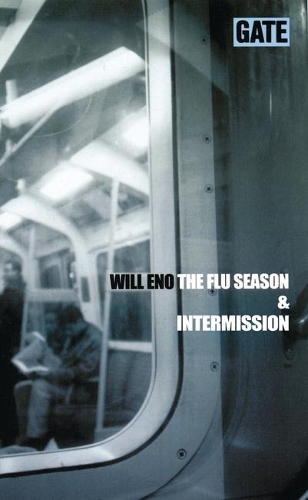
The Flu Season & Intermission
(Paperback)
Publishing Details
The Flu Season & Intermission
By (Author) Will Eno
Bloomsbury Publishing PLC
Oberon Books Ltd
7th April 2003
United Kingdom
Classifications
General
Non Fiction
812.6
Physical Properties
Paperback
82
Width 130mm, Height 210mm
Description
The Flu Season No one in the middle of being in love ever sat down to write a love story. Its only after the belongings are sorted and the shirts returned that the pencils are sharpened and the notebooks opened. So, in a serious way, love stories are never love stories. Love is their inspiration, yes, but the end of love is the reason for their existence. This is a problem. It proposes anti-journeys where we saw only journeys, directs things toward a new negative we hadnt intended. The Flu Season tries to be a love story, anyway. It has a strategy. The play revels in ambivalence, lives in fits and starts, and derives a flailing energy from its doubts about itself. But these come at a price, which is paid by the characters in the play. A kind of clarity finally comes. In the end, is the end. Intermission Two couples chat with one another at a plays intermission. From what we have heard, it sounds dreadful, which the cocky Jack points out. But his quibbles give way before Mr. Murrays torrent of memory and invective. He doesnt want to hear stylistic complaints, he wants the boy to recognize the plays attempts at truth. And while Mr. Murrays curmudgeon sneers at audiences yen for weeping at shows, Mr. Eno then makes us practically by brute force cry for him. Mr. Enos triumph is both canny and deeply touching, a vital look into a theater that actually reminds us what its for. The New York Sun The Flu Season was the winner of the 2004 Oppenheimer Award for best debut production.
Reviews
Will Eno is one of the finest younger playwrights I have come across in a number of years. His work is inventive, disciplined, and, at the same time, wild and evocative. His ear is splendid and his mind is agile. * Edward Albee. *
Author Bio
Will Eno lives in Brooklyn, New York. His play TRAGEDY: a tragedy, also published by Oberon Books, was performed at the Gate Theatre in 2001, and was later adapted for BBC Radio.
